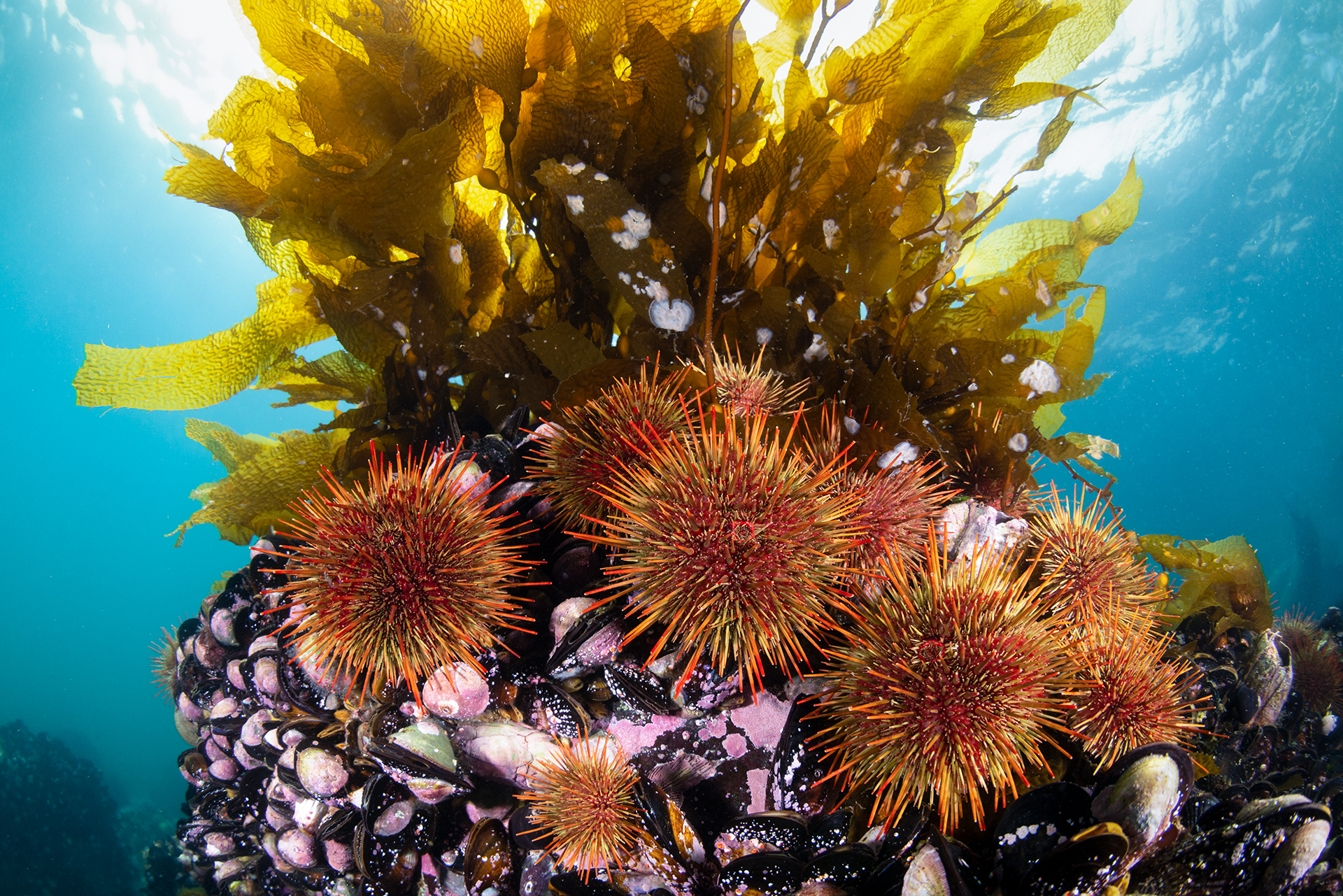
Foto: Eduardo Sorensen
Our 28 years working for land conservation along the Route of Parks of Patagonia has demonstrated the crucial nature of this work and the importance of expanding this protection toward the sea. For this reason, our marine program seeks to create new protected marine areas that parallel our conservation efforts in existing National Parks and highlight the importance of conserving complete, interconnected ecosystems in order to guarantee ecological continuity.
Although much progress has been made in the creation of protected marine areas––with 42% of the Chilean sea along the Route of Parks between Puerto Montt and Cape Horn falling under some category of protection––less than 1% of Patagonian coastal ecosystems (including coastline, channels, fjords, and bays) are strictly protected.
This lack of protection for these important ecosystems has spurred us to work toward creating a network of marine parks representing the diverse Patagonian ecosystems in all their biodiversity. Our goal is to increase coastal marine protection along the Route of Parks from 1% to 15% to ensure the continuity of key ecological processes, and to provide a healthy ocean with robust, complete ecosystems.
Just as we have partnered with the state to create national parks along the Route of Parks of Patagonia, we hope to continue with similar collaborative efforts that extend this conservation to the sea.
One of the goals of our marine program is to increase awareness of the beauty and diversity of Patagonian ecosystems. We believe that in order to protect ecosystems, you must first understand them. Thanks to the support of various organizations, including the Blue Marine Foundation and Mar Isla, we’ve carried out various expeditions in areas including the Comau Fjord and Isla Desletores (Los Lagos Region), Añihué (Aysén Region), and the Strait of Magellan (Magallanes Region).
The ocean can feel inscrutable. But moving beyond the darkness of the seabed to immerse ourselves in this world and better appreciate its beauty is the first step in understanding these rich and diverse ecosystems––and protecting them for future generations. This is why we firmly believe: education is conservation!
¡Learn more about our marine programme through ESRI Storymaps!